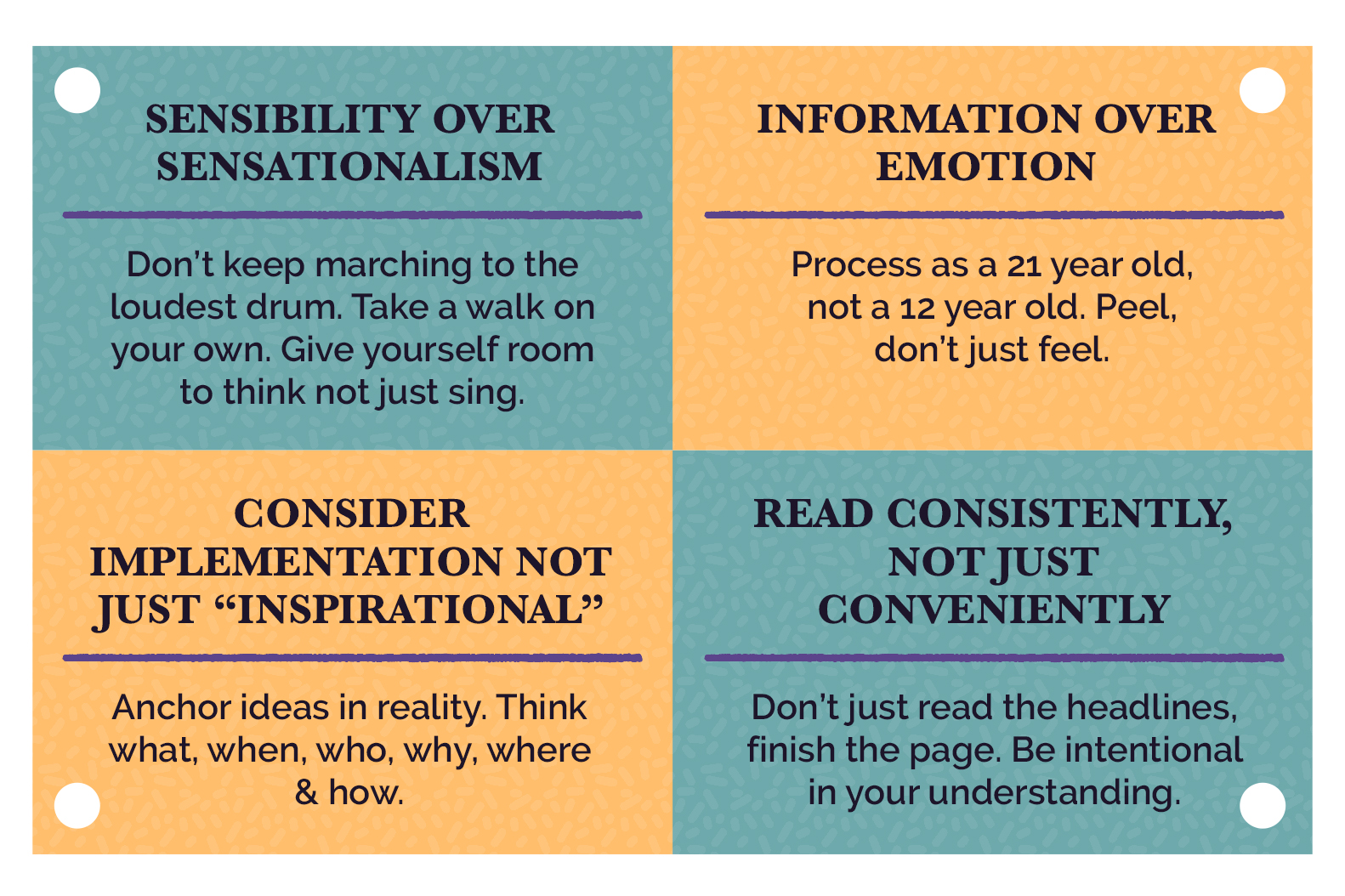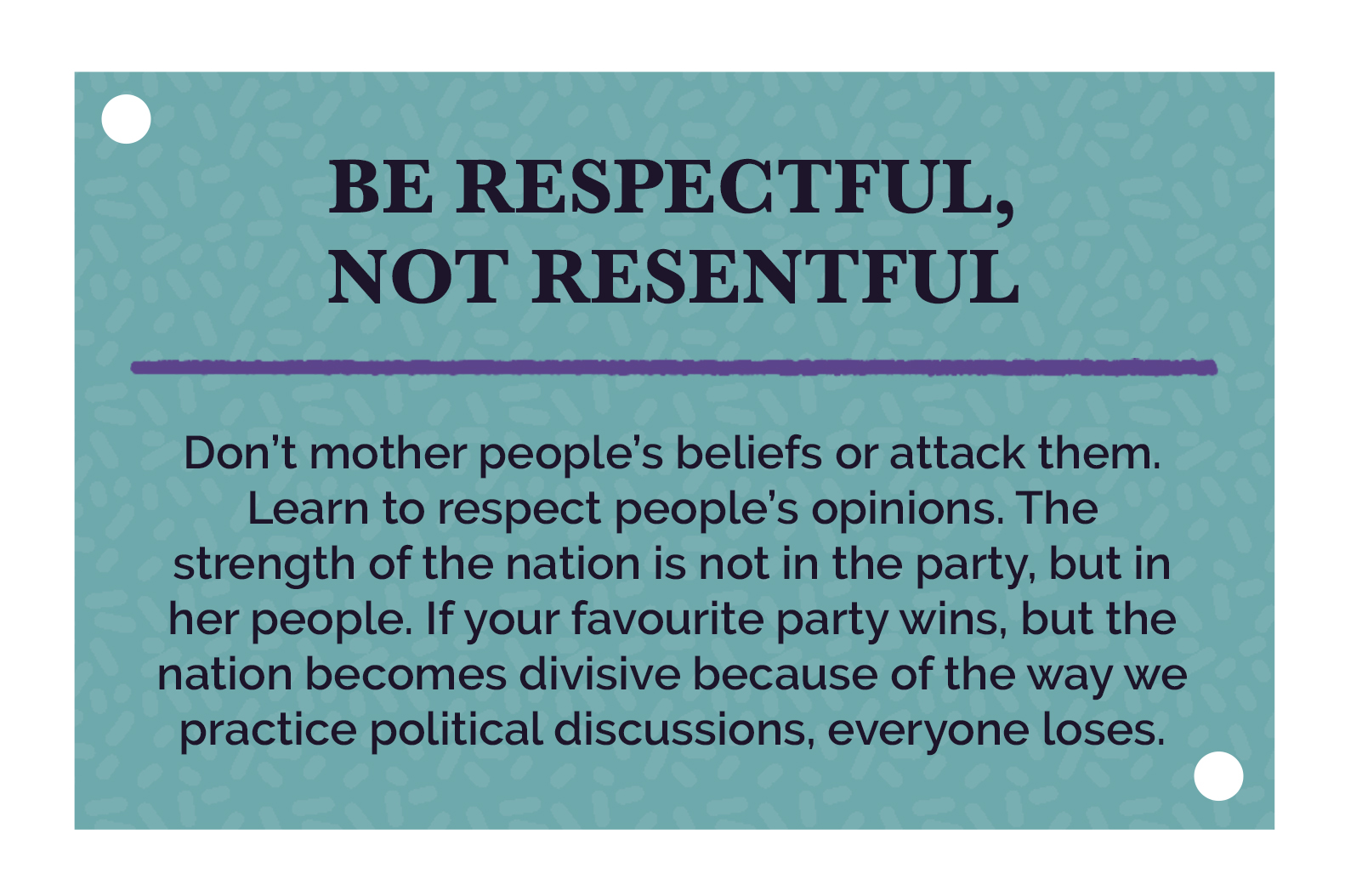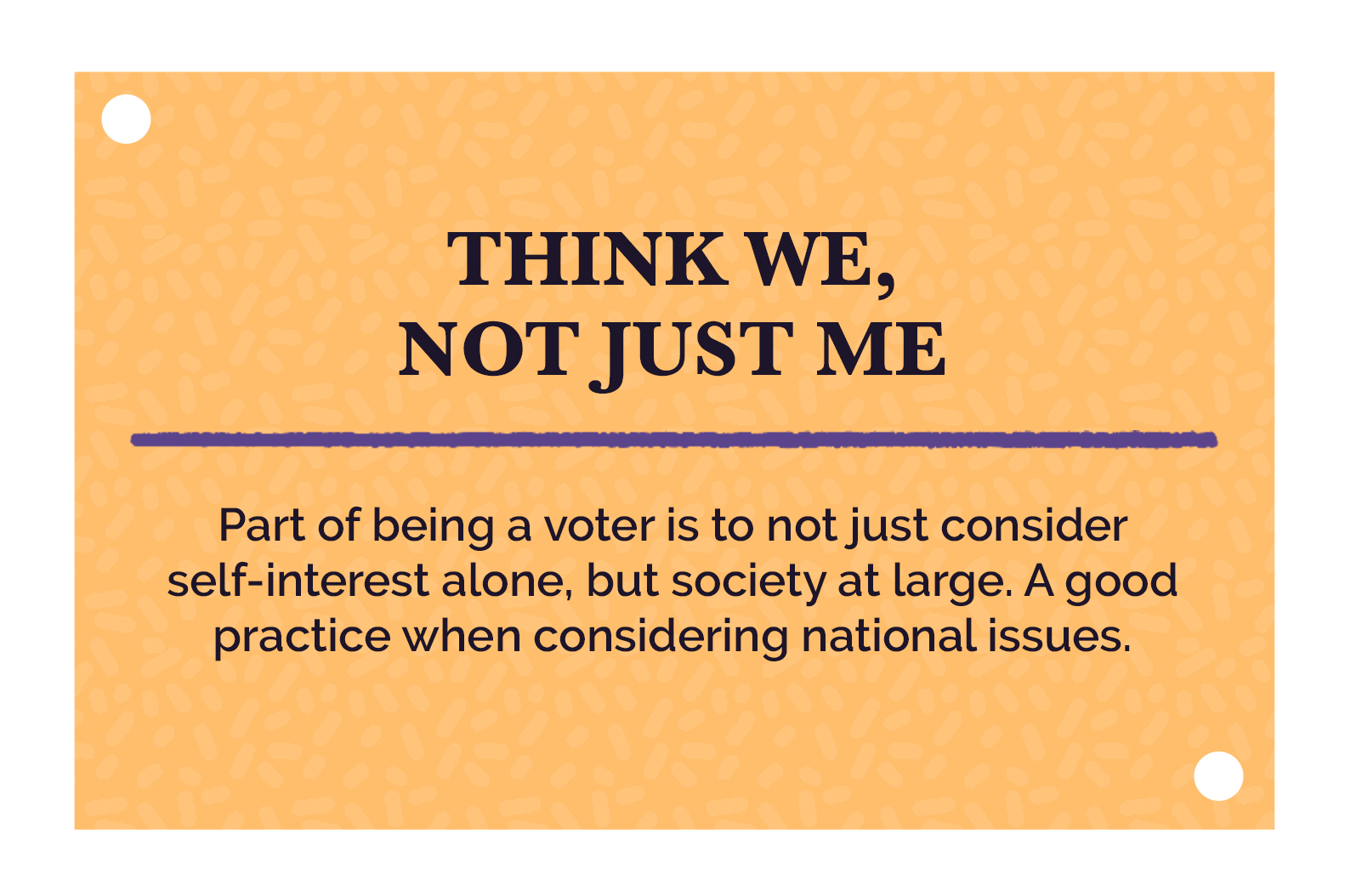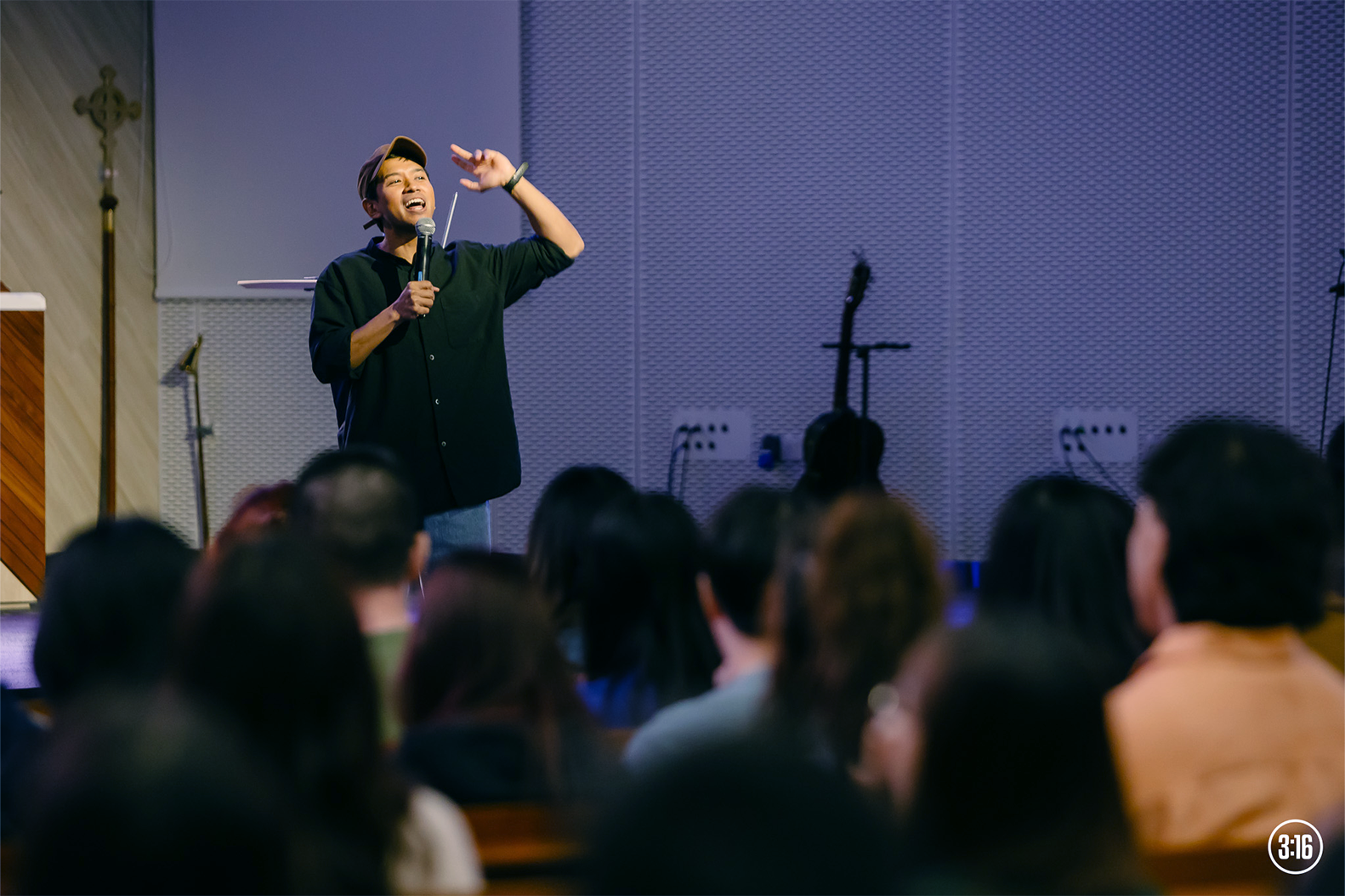In my previous piece, I wrote about why young adults today should care about politics. And while making the decision to care is an extremely important first step, how can intention translate into responsible action?
Between the extremities, from liking articles to engaging in public debates – what would a Christ-centred approach to engaging in the field of public discourse look like?
By no means exhaustive, here are three Cs that I have found particularly helpful as reference points to guide my thoughts, words and actions.
CONSUME CAREFULLY
Faced with a myriad of media content and their accompanying narratives, it can be challenging – impossible even – to view today’s political issues through a completely objective lens.
However, it is still possible to consume in a thoughtful manner.
As FOPx leader Isaac Ong put it in an Instagram post on how to process political messages wisely just as GE2020 started: choose sensibility over sensationalism, and information over emotion; consider implementation and not just the inspirational; and read consistently, not just conveniently.

Across the spectrum, some issues will trigger stronger emotions within us compared to others. Personally, I think that is a great thing – for it shows how much we care.
That said, it might be helpful to take a step back and a few deep breaths before arriving at a judgment call. What I have found helpful is to ask myself the following: Am I feeling indignant for myself or for the needs of the larger population?
To consume information carefully is to also look beneath the surface and identify the heart of the message. Are godly values of love, justice and equality being espoused? Charismatic as they may be, does the meat of the message align with our personal values?
CONVERSE GRACIOUSLY
Perhaps the most tricky step for many of us is to then go out there and begin to engage in related conversations.
Doing so is definitely easier said than done, for who knows how and when we might be attacked for our views? What if friendships and relationships are affected beyond repair?
Another nugget of wisdom from Isaac: Be respectful, not resentful. Our political discussions should not lead to national division.

Indeed, do we prioritise being “right” over our relationships with others? More often than not, when we choose to put egos aside and step into the shoes of the other, we gain new perspectives. In humility, let us also recognise that there is something to be learnt from others.
At this point, I would make an important caveat: To participate is not to impose.
In Matthew 5:13-16, Jesus calls us to be the “salt and light” of the world. That means presenting a positive influence, not imposition, to the culture around us.
Do you recall a time when you were forced to eat something you didn’t like? Or cornered into agreeing with something that went against your fundamental beliefs? In the same way, let us consider if we are causing others the same discomfort through our words.
When Jesus walked the earth, some disciples believed that He had come to establish a literal kingdom and wrestle God’s people out of Roman rule.
Instead, Jesus taught His disciples to “seek the kingdom of God and His righteousness” (Matthew 6:33) and to pray for God’s “kingdom to come and His will to be done on earth as it is in heaven” (Matthew 6:10).
These truths ring true today. We are called to build God’s kingdom not by violent imposition, but by being steadfast, faithful and loving witnesses to those around us.
CHOOSE WISELY
Going back to the upcoming GE, one oft-heard mantra across the political spectrum is this: Vote wisely.
Regardless of our political inclinations, a considered vote should indeed be something that all of us should aim to do.
Personally, voting wisely isn’t simply a matter of choosing one political party over the other, and neither is it about playing God in casting our vote. Something I often ask myself is this: Am I making a stand for the values I believe to be godly and desirable for the nation?

You might think that your vote is but one in a sea of millions. However, here is a different perspective offered through the words of former White House Counsel Chuck Colson:
“The popular notion that ‘you can’t legislate morality’ is a myth. Morality is legislated every day from the vantage point of one value system being chosen over another. The question is not whether we will legislate morality, but whose morality gets legislated.”
As July 10, 2020 approaches, let us be prayerful even as we engage in conversations on politics. Regardless of our political views, may our deepest motivations be a love for God and our neighbour.
While we cast out votes at the ballot box, may we pray unceasingly for God’s will to be done in and through us, regardless of the outcome.
- Consider all the political messages you have consumed so far. What have they made you think? Where do your beliefs currently lie?
- How have your conversations over GE2020 been like? Which were the best? Which were the hardest?
- Pause and pray for God to give you wisdom for voting, conversing about politics and interacting with political messages.









